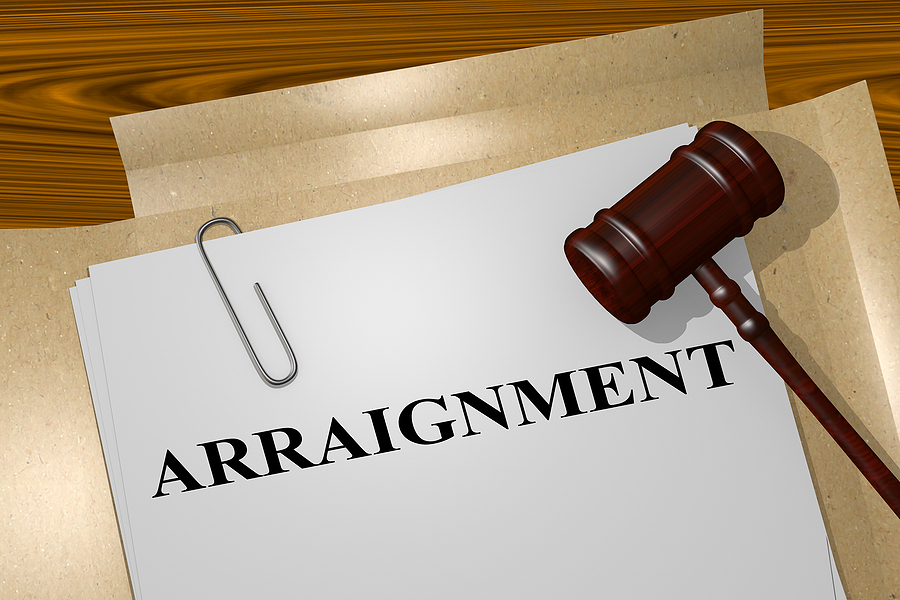When your friend gets arrested for public intoxication in Indianapolis, the confusion and stress can feel overwhelming. You’re likely wondering where they are, how serious the charges might be, and most importantly, how quickly you can help them get released. Understanding the arrest process and your options can make all the difference in navigating this challenging situation effectively.
Public intoxication arrests happen more frequently than many people realize, especially in Indianapolis’s bustling downtown area, Broad Ripple, and Mass Ave entertainment districts. Under Indiana Code, public intoxication is classified as a Class C misdemeanor, which means being in a public place while intoxicated to the degree that you endanger yourself, another person, or property, or breach the peace or engage in harassment. While this might seem like a minor offense, the legal and personal consequences can be more significant than expected.
Your friend’s well-being and future are on the line, but with the right information and quick action, you can help them through this difficult time. This guide will walk you through everything you need to know about the bail process, legal requirements, and practical steps to secure their release from custody.

Public Intoxication Bail Bonds: What You Need to Know
Immediate Steps: Locating Your Friend and Understanding the Situation
The first priority after learning about your friend’s public intoxication arrest is confirming their location and gathering essential information. Start by contacting the Indianapolis Metropolitan Police Department or the Marion County Sheriff’s Office to verify the arrest and determine which facility is holding your friend.
When you call, you’ll need your friend’s full name and approximate time of arrest. The intake process typically takes several hours, so don’t panic if they’re not immediately listed in the system. Most individuals arrested for public intoxication in Indianapolis are initially held in what’s commonly called the drunk tank—a secure area within the jail where arrestees are held until they’re sober enough to be processed.
The typical stay in the drunk tank ranges from 8 to 24 hours, depending on the individual’s level of intoxication and behavior/cooperation. During this time, your friend will be monitored by medical staff and cannot be released until they’re deemed sober and capable of caring for themselves.
Once your friend has been processed and moved from the drunk tank to general holding, you can begin exploring bail options. Document the arrest details, including the specific charges, case number, and scheduled court date, as this information will be crucial for the next steps.
Understanding Bail for Public Intoxication Charges
Bail bonds serve as a financial guarantee that your friend will appear for all required court proceedings. For public intoxication arrests in Indianapolis, bail amounts typically range from $500 to $2,000, though the exact amount depends on factors like prior criminal history, the specific circumstances of the arrest, and the judge’s discretion.
If your friend has no prior arrests or outstanding warrants, they may be eligible for Release on Own Recognizance (ROR), which means they can be released without paying bail based solely on their promise to appear in court. However, this option isn’t guaranteed and depends on the court’s assessment of flight risk and community ties.
When ROR isn’t available, you’ll need to work with an Indianapolis bail bondsman like Woods Bail Bonds, which operates throughout Northern, Central, and Southern Indiana. The bail process involves several key steps:
- Initial Assessment: The court sets a bail amount based on the severity of the charges and your friend’s background. A bail bondsman will evaluate this amount and determine the premium you’ll need to pay.
- Contact and Application: Reach out to Woods Bail Bonds to begin the application process. You’ll need to provide personal information about both yourself and your friend, including employment details, addresses, and contact information.
- Financial Arrangements: Typically, you’ll pay a premium of 8-15% of the total bail amount. For a $1,000 bail, this means paying $80-150 to the bondsman. You may also need a cosigner if the bondsman determines additional security is necessary.
Contact Our Marion County Bail Bondsmen Today! ✅
Working with a Bail Bondsman: The Release Process
A qualified Marion County bail bond company can expedite your friend’s release significantly. Woods Bail Bonds specializes in handling these situations quickly and professionally, understanding the urgency families and friends feel when their loved ones are in custody.
Signing the Contract
The bail agreement you’ll sign makes you responsible for ensuring your friend appears at all court dates. If they fail to appear, you become financially liable for the full bail amount. This responsibility extends beyond just the money—you’re essentially vouching for your friend’s reliability and commitment to following through with the legal process.
Making the Payment
Payment options typically include cash, credit cards, or collateral such as property or valuable assets. Some bail bond companies also offer payment plans, though these usually come with additional fees and stricter terms.
Bond Processing
Once the paperwork is complete and payment is processed, the bondsman posts the bond with the court. Your friend’s release can take anywhere from 1-4 hours after the bond is posted, depending on jail processing times and current facility capacity.
Legal Representation and Long-Term Consequences
While public intoxication might seem like a minor charge, having legal representation can significantly impact the outcome. A qualified attorney familiar with local courts and prosecutors can often negotiate reduced charges or alternative sentencing options.
Class C misdemeanor charges carry potential penalties of up to 60 days in jail and fines up to $500. However, the long-term consequences extend beyond immediate penalties. A conviction creates a permanent criminal record that can appear on background checks for employment, housing applications, and professional licensing.
Many people mistakenly believe public intoxication charges won’t impact their future, but employers and landlords often view any criminal conviction as a red flag. Additionally, multiple public intoxication arrests can lead to enhanced penalties and may indicate underlying substance abuse issues that courts will address more seriously.
An experienced attorney can explore options like:
- Diversion programs that allow charges to be dismissed upon completion of community service or alcohol education classes
- Plea negotiations that reduce the charge to a non-criminal infraction
- Alternative sentencing that focuses on treatment rather than punishment
Prevention and Future Considerations
Understanding how public intoxication arrests typically occur can help prevent future incidents. Indianapolis police frequently patrol high-activity areas like downtown during major events, sporting venues during games, and popular nightlife districts on weekends.
Arrests most commonly happen when individuals are visibly impaired in public spaces, causing disturbances, or unable to care for their own safety. Having a designated driver, staying with a group, and knowing your limits can significantly reduce the risk of arrest.
The financial and emotional costs of these arrests extend beyond immediate bail and legal fees. Court costs, attorney fees, potential job loss from missing work, and the stress on personal relationships all compound the impact of what might seem like a simple mistake.
Your Next Steps
Dealing with a friend’s public intoxication arrest requires quick thinking and informed decision-making. The confusion and uncertainty surrounding the legal processes can feel overwhelming, but understanding your options empowers you to take effective action.
Remember that time is often critical in these situations. The sooner you begin the bail process, the sooner your friend can return home and begin addressing the legal challenges ahead. Don’t let confusion or hesitation delay action when professional help is available.
Disclaimer: This blog post is for informational purposes only and does not constitute legal advice. Laws and procedures regarding public intoxication arrests and bail bonds can change; consult with a qualified attorney for the most up-to-date information.
If your friend is currently in custody for a public intoxication arrest in Indianapolis, contact Woods Bail Bonds immediately for fast, professional assistance. Our experienced team can guide you through the entire bail bond process and help secure your friend’s release as quickly as possible.
Call Now to Get Started With Bail
Related Post: Common Delays in Obtaining a Bail Bond for Someone









